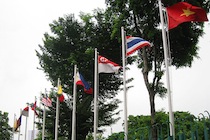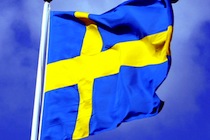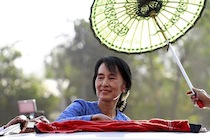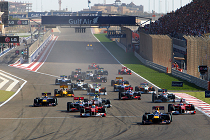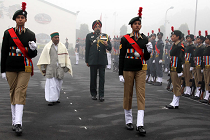What the Dimon debacle means for the world
After the $2 billion loss reported by JP Morgan, one of the four U.S. mega banks, the odds for regulation may be better now. The sentiment is global: banks in Europe have already faced a small backlash, and the prevailing opinion in parts of Asia is not whether there would be another financial crisis, but when.


